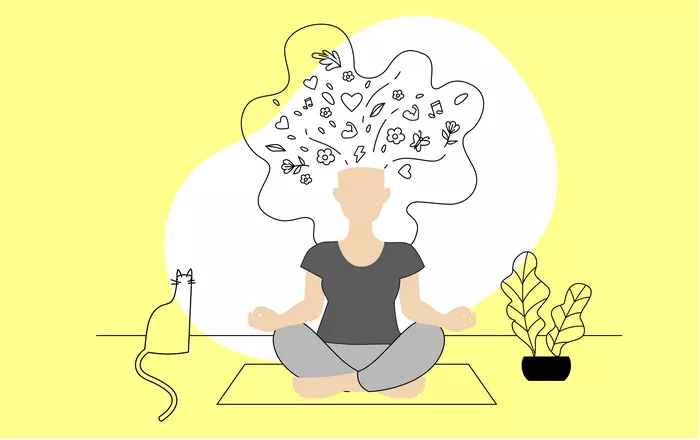FAQs
Can anxiety be cured by hypnosis?
Hypnosis can be used as a complementary therapy for anxiety, helping individuals manage symptoms and develop coping strategies. However, it’s not a guaranteed cure and effectiveness can vary depending on the individual and the severity of their anxiety.
What is the success rate of hypnosis for anxiety?
The success rate of hypnosis for anxiety varies widely depending on factors such as the individual’s receptiveness to hypnosis, the skill of the hypnotherapist, and the specific techniques used. Some studies suggest positive outcomes, but overall, success rates can’t be definitively quantified.
What can be cured with hypnosis?
Hypnosis has been used to address a range of issues including smoking cessation, weight loss, phobias, chronic pain, and stress management. While it may not be a cure-all, it can be an effective tool for behavior modification and promoting overall well-being.
Related topics:
- What Does It Feel like to Come out of Depression?
- Understanding ADHD: Is It Present from Birth?
- The Nexus of Intelligence and Depression: What You Need to Know


